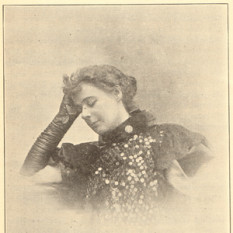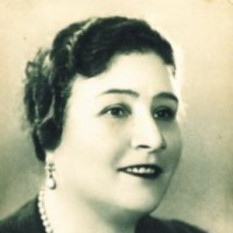An art song is a vocal music composition, usually written for one voice with piano or orchestral accompaniment. By extension, the term "art song" is used to refer to the genre of such songs.
Although categorizing a piece of vocal music as art song rather than as another type of song (such as a folk song, or an aria) can sometimes be difficult, most art songs are:
* settings of lyric poetry
* not part of a staged work (such as an opera or a musical)
* intended for performance as part of a recital or other relatively formal social occasion
Exceptions can be found to any of these rules. Although piano accompaniment is usual, the singer may be accompanied by instrumental forces of any number, including a full orchestra. A guitar, a harp or a string quartet are some of the more common accompaniments. Songs may be written to be performed in a group to form a narrative or dramatic whole, comprising a song cycle.
A folk song can form the basis of an art song, but a composer must reinvent it with respect to one or more of form, harmony, melody, rhythm or sonority. Aaron Copland and Benjamin Britten are two composers famous for their arrangements of respective American and British folk songs.
An art song can be in any language, although English songs, French chansons or mélodies, German Lieder, Spanish canciones, canciones líricas or canciones de concierto, and Italian canzoni are the most numerous. The Austrian composer Franz Schubert is considered the greatest art song composer of all. Despite a brief life, Schubert created an impressive output of some 600 lieder, including "Der Erlkönig", "Die Forelle", and "Gretchen am Spinnrade" as well as the two cycles, "Winterreise" and "Die schöne Müllerin".
Even though classical vocalists generally embark on successful performing careers as soloists by seeking out opera engagements, a number of today's most prominent singers have built their careers primarily by singing art songs, including Dietrich Fischer-Dieskau, Thomas Quasthoff, Ian Bostridge, Matthias Goerne, Susan Graham, and Elly Ameling. .


